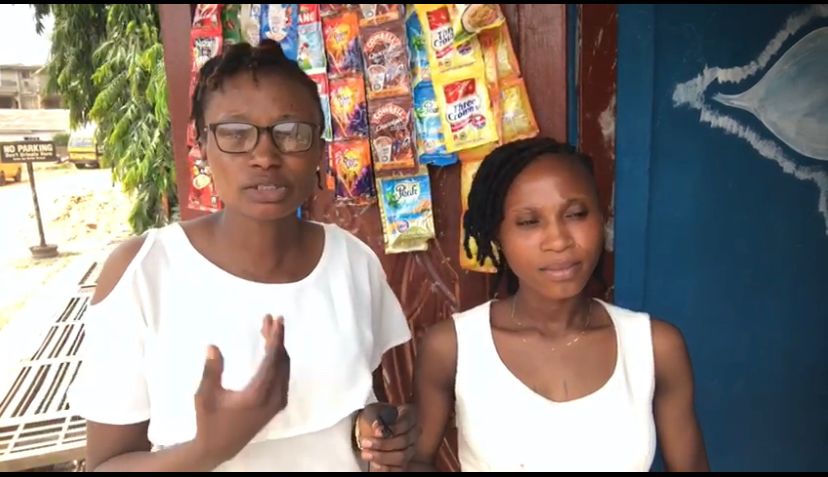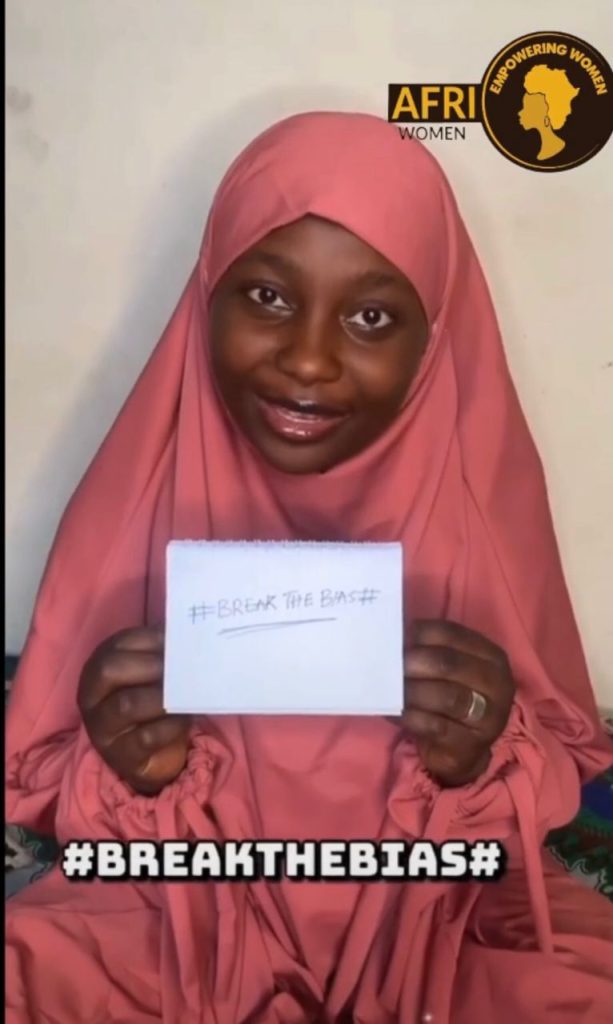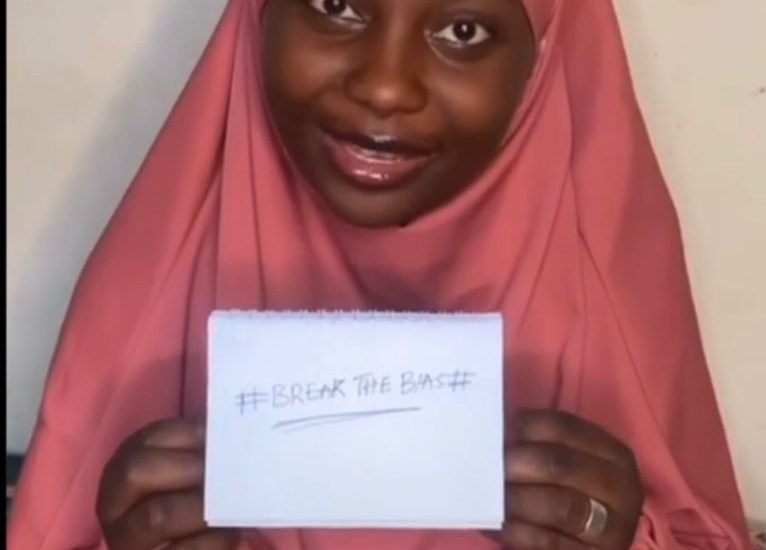March 10,2022
The month of March is one of our most celebrated month. It is the month that we not only appreciate women worldwide. It is also the month that we explore some of the challenges that women and the girl child face daily and for years too.
Today our media team conducted VOX POP on #breakthebias campaign across the nation. Below are some of the short interviews with women on their take about the different stereotypes women face and the solutions to them.
The AfriWomen took the International Women’s Day 2022 nationwide. Several of our ambassadors across Nigeria spoke to people to get their views on the issue of gender inequality and the bias against women and the girl child.
Lagos
Our ambassador in Lagos, Ifedolapo spoke to Mrs Ayodeji an entrepreneur.

Speaking on her perspective on gender equality, Mrs Ayodeji an entrepreneur said that there are many reasons why there should be equality of opportunities for men and women.
She said for instance, gone are the days when men were the only bread winners for the family whilst women stay at home to care for the family.
But today, women work and are co bread winners for the family. Women are in all professional sectors and they are doing very well. This modern opportunity given to women shows that whatever a man can do, a woman can do and sometimes even better than men.
Therefore, why stereotype women? This is the time to intensify more efforts to #breakthebias.
Abuja
The interview conducted with Hajia Hauwa in Abuja the northern part of Nigeria by our Ambassador Maryam on gender bias was no different. The stereotype of women is similar across Nigeria even in the year 2022.
In the interview, HajiaHauwa opined that gender bias starts from the family. Families in the Northern part of Nigeria have a preference for male children. They accord the male child preferential treatments for instance, he gets to attend school at all cost because the family believes that it will serve him in his role as the provider.
A girl child is not deserving of education because it is perceived that she will end up in the kitchen. HajiaHauwa a cook by profession ended the interview by advocating for #breakthebias.

Sokoto

The AfriWomen Ambassador, FiyinfoluwaOjo sought the opinion of HajiaNafisat Ibrahim, a Nigerian woman from Sokoto on the issue of gender equality and its sustainability.
HajiaNafisat stated that according to her, her religion does not see men and women as equal. She however noted that a lot has changed in the society today which warrants a need for equal opportunities for men and women.
Ibadan
According to AlhajaRosheedat, women face numerous biases which are cultural and influence how women fare in the political, social and economic sector. She further noted that these cultural biases meant that less value is placed on women in ways that ensures that they are voiceless where it matters most like in decision making and leadership. That often no matter the ability that a woman has, she is more encouraged to prioritise ‘the caring role’ within the home or private domain.
On her solutions to a better gender equality society, AlhajaRosheedat commends the efforts of organisations like the AfriWomen to ensure that women are more empowered towards breaking the bias holding them back from equal participation in society. She spoke about the power of literacy in boosting the self esteem of women to be more by being bold in the economic, political and social sectors. She wants women to have a livelihood or be employed, for women to break the biases themselves through confidence building by networking in organisations like the AfriWomen.


